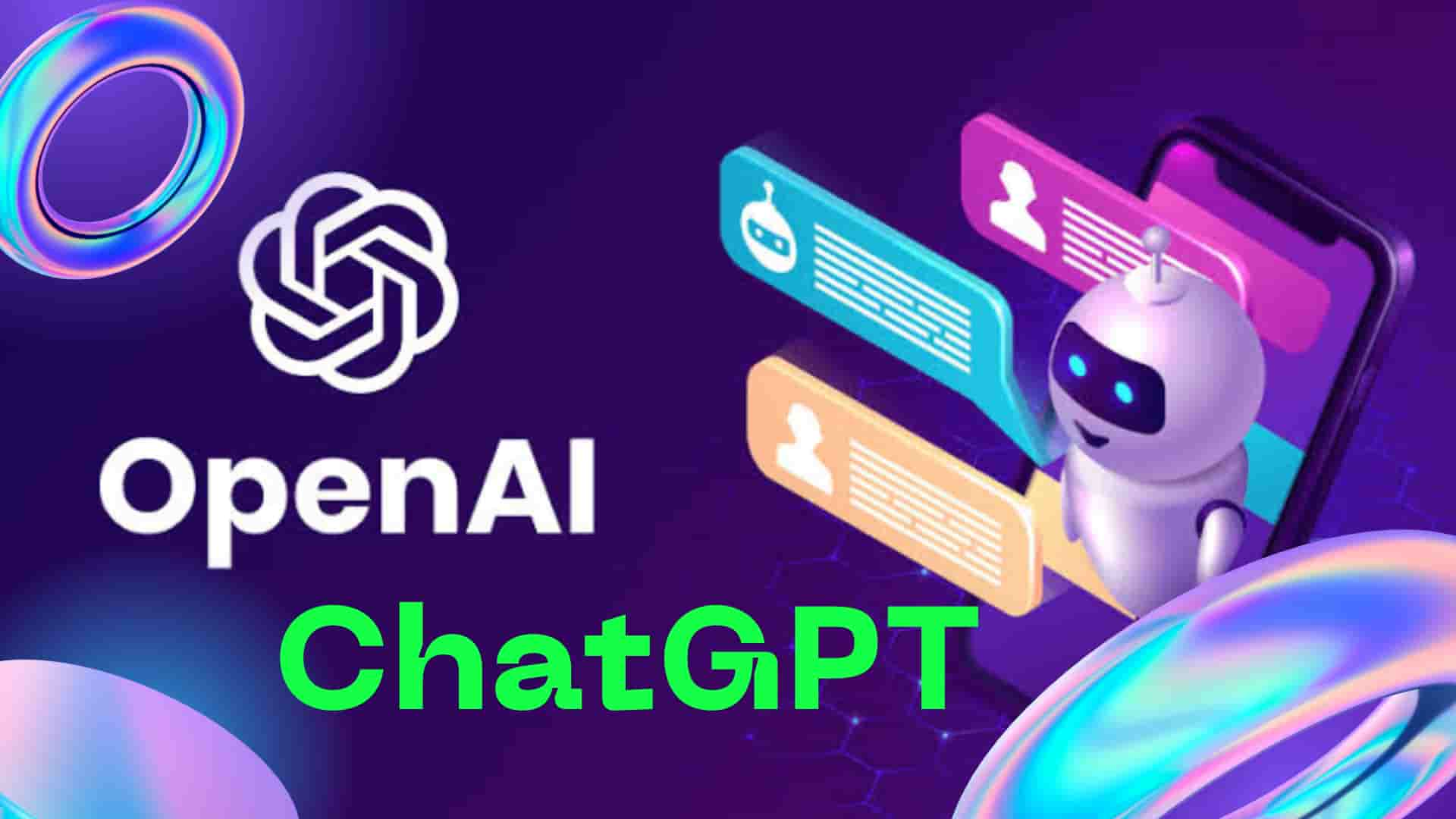OpenAI’s Vision for the Future of E-Learning
In an exciting development for the education sector, OpenAI is exploring the potential of integrating chatbots with online courses. This ambitious initiative aims to enhance e-learning by allowing instructors to create custom “GPTs” that align seamlessly with course curriculums. While still in the early stages, this plan could significantly shape the future of education, creating more interactive and personalized learning experiences for students worldwide.
ATTENTION: Don’t miss out! Join 99Scholar’s Jobs & Scholarships Updates channel on WhatsApp now!
The Concept of Custom GPTs in Online Learning
OpenAI’s plan to pair online courses with chatbots was recently discussed by Siya Raj Purohit, a key member of OpenAI’s go-to-market team for education. Speaking at a Coeus Collective event, Purohit revealed that the company is looking into ways for professors to design custom GPTs (Generative Pre-trained Transformers) that could be integrated directly into online courses. This could allow students to engage with content in an interactive and continuous manner, far beyond the scope of a traditional syllabus.
“What I’m hoping is going to happen is that professors are going to create custom GPTs for the public and let people engage with content in a lifelong manner,” Purohit explained.
This innovative step could allow students to interact with course materials more dynamically, engaging in meaningful research and discussions long after the initial class ends.
A Growing Trend: OpenAI’s Investment in Education
OpenAI’s increasing focus on the education sector is part of a larger strategy to penetrate the rapidly growing market for AI in education. According to Allied Market Research, this sector could reach a market value of $88.2 billion within the next decade. In response, OpenAI has already made significant moves to expand its footprint, including hiring Leah Belsky, former Coursera Chief Revenue Officer, as its first education General Manager. Her mission is to bring OpenAI’s products to more schools, reinforcing the company’s ambition to reshape education with AI.
One notable release in this journey was the launch of ChatGPT Edu earlier this spring, a specialized version of ChatGPT designed for universities. This version aims to assist students and educators by providing more targeted support within academic settings.
The Potential Benefits and Challenges of AI-Powered Chatbots in Education
While the vision for AI in education is exciting, it’s not without its hurdles. OpenAI’s GPT-powered chatbots, such as those being tested in partnership with Khan Academy (e.g., Khanmigo), show promising potential. Khanmigo is integrated with Khan Academy’s content library and offers students homework help, test prep, and more. However, it has faced challenges, such as struggling with basic math and failing to correct mistakes when asked.
Despite these early shortcomings, Purohit believes the technology will improve over time. She emphasized that OpenAI’s models are constantly evolving and improving, with the goal of making them more effective for learning and teaching applications.
The Skepticism in the Education Sector
Despite the potential benefits, there is notable resistance to AI in education. According to a survey by the Pew Research Center, 25% of public K-12 teachers believe that AI tools do more harm than good in educational environments. Furthermore, only 18% of K-12 educators are currently using AI tools in their classrooms, according to a separate poll conducted by the Rand Corporation and the Center on Reinventing Public Education.
ATTENTION: Don’t miss out! Join 99Scholar’s Jobs & Scholarships Updates channel on WhatsApp now!
This skepticism is largely attributed to concerns about the accuracy and reliability of AI models in an academic context, where precision and understanding are critical. However, as AI continues to improve and adapt, these concerns may gradually lessen, and more educators may be open to adopting AI-powered solutions.
The Future of AI in Education
OpenAI’s plans to integrate custom GPT-powered chatbots into online courses represent a significant step forward in the evolution of e-learning. By allowing professors to create tailored learning experiences, this technology could revolutionize the way students interact with course materials, providing personalized, ongoing engagement long after the course has concluded. However, for this vision to succeed, both technological advancements and educator buy-in will be key.
As OpenAI continues to refine its models, the future of AI in education looks promising. While educators remain cautious, the potential benefits—ranging from personalized learning experiences to greater accessibility—could ultimately convince the education sector to embrace this transformative technology.


